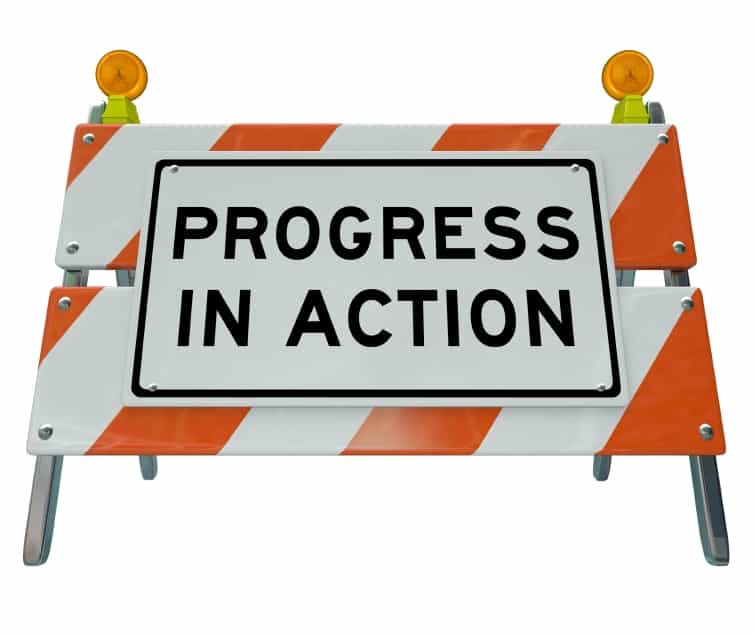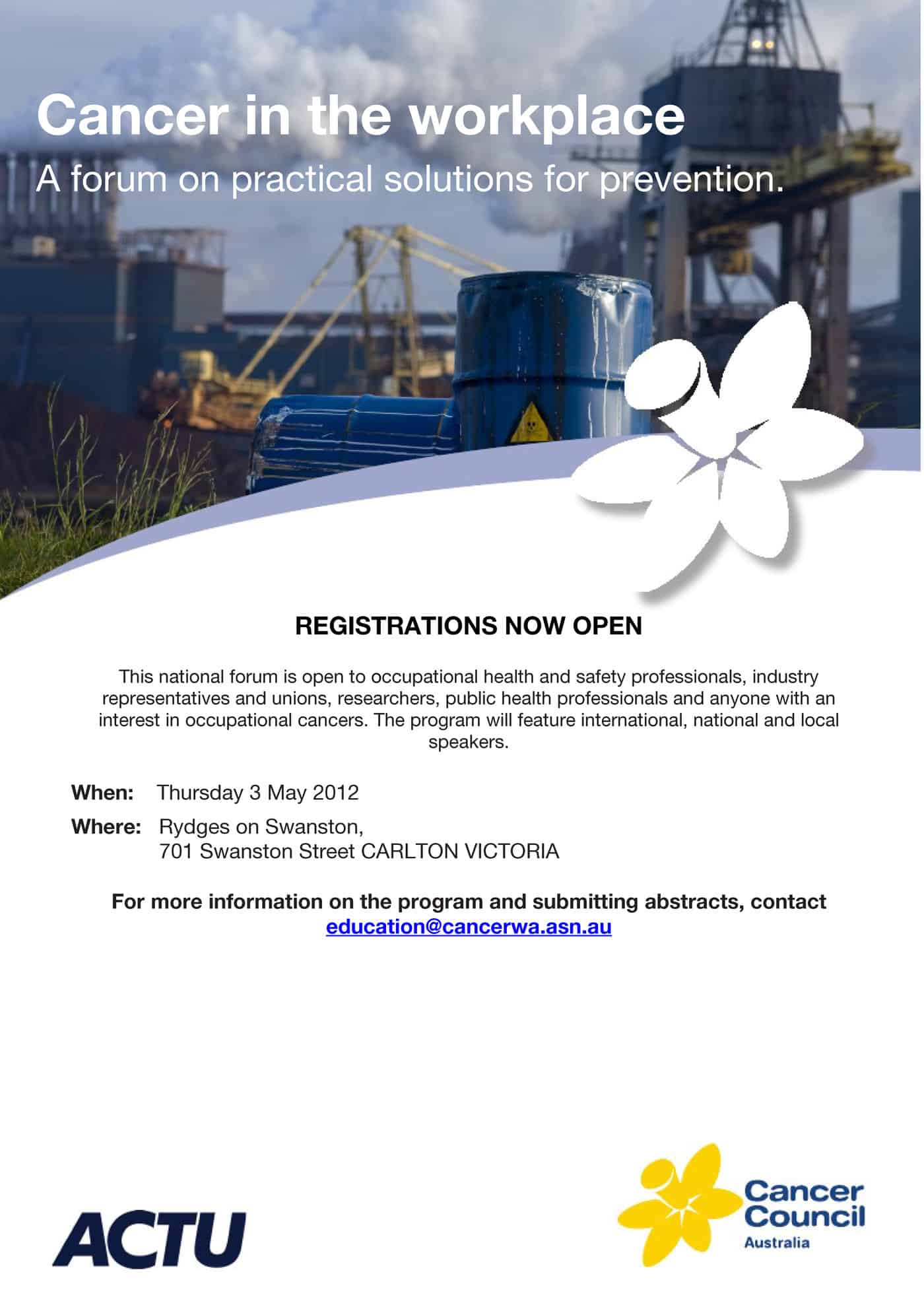Knowledge needs to be shared and communicated but sometimes academic researchers make it very difficult to do so. Below is the abstract from a recent research paper called “Risk, uncertainty and governance in megaprojects: A critical discussion of alternative explanations” (not readily available on-line):
“This article critically discusses different explanations for the performance problems exhibited by many megaprojects, and examines the proposed governance solutions. It proposes a three-fold typology of explanations and solutions by examining authors’ epistemological assumptions about decision-maker cognition and about decision-maker views on the nature of the future. It argues that despite important differences in their epistemological orientation, these explanations share an acceptance of the notion of actor farsightedness. It concludes that this encourages them to focus on governance in megaprojects, made forms of organization designed ex ante, and to ignore governing in megaprojects, spontaneous micro-processes of organizing emerging ex post. Identification of this gap adds support to calls by projects-as-practice researchers for a broadening of research to encompass the actuality of projects. A new line of enquiry within this broad projects-as-practice agenda is suggested.”
Such an abstract actively discourages the reading of such reports. It could be said that a safety professional and blogger in Australia is not the audience for such a paper and if that is the case it is extremely shortsighted. Many academics need to publish in order to achieve job security but if the publication is not readily understood by people who are in a position to act on the research, why write the research up in the first place? Continue reading “Important information hidden in academic gabble”





